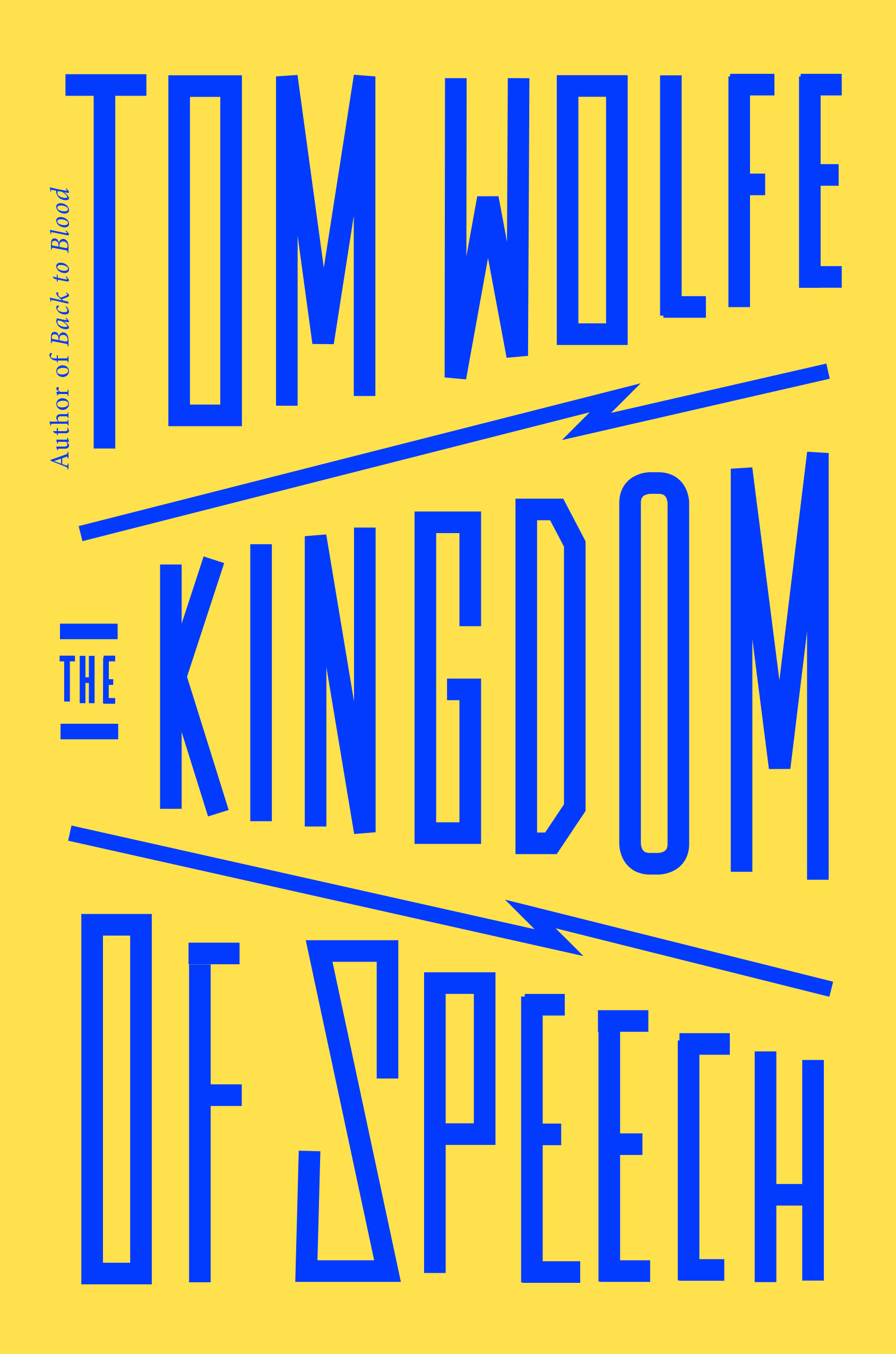
In The Kingdom of Speech, Tom Wolfe offers an analytical history of humankind’s struggle to understand the origins of what he calls its “superpower”: speech. In Wolfe’s telling, the often dry, esoteric realm of academia is rife with coups, Martians and disease. And the driving conflict is the power struggle over the legacies of Charles Darwin and MIT linguist Noam Chomsky, the intellectuals who claimed to best understand man’s special ability.
Each one sought to answer how we came to possess speech. Darwin theorized that humans learned it from birdsong, while Chomsky believes we have a special organ, evidenced by the common structure of oral communication. The two have dominated how we think of language for a century and a half.
Yet for all their effort, Chomsky himself confessed that the origins of language remain unknowable. This delights Wolfe. He depicts Darwin as a sickly man of privilege who conjured ideas by sitting indoors and staring at his dog, while the 87-year-old Chomsky is an air-conditioning addict who cites hypothetical alien anthropologists to confirm his notions–and can manipulate language yet not grasp the thing itself.
What makes their failure sweetest for Wolfe is that he believes he’s found the truth. He declares that speech is not an attribute but an artifact, a tool crafted by humans that is now so mighty, it makes them stronger than any other species. To Wolfe, speech constitutes a kingdom all its own–beyond that of animals.
Wolfe, still a master at using language, is another claimant for the throne. The Kingdom of Speech is best read, then, with Wolfe not just as a narrator-historian but as a character. One who, after critiquing theorists who rule from insulated rooms, depicts himself in that exact setting for his book’s final vision.
—NATE HOPPER
More Must-Reads from TIME
- How Donald Trump Won
- The Best Inventions of 2024
- Why Sleep Is the Key to Living Longer
- Robert Zemeckis Just Wants to Move You
- How to Break 8 Toxic Communication Habits
- Nicola Coughlan Bet on Herself—And Won
- Why Vinegar Is So Good for You
- Meet TIME's Newest Class of Next Generation Leaders
Contact us at letters@time.com